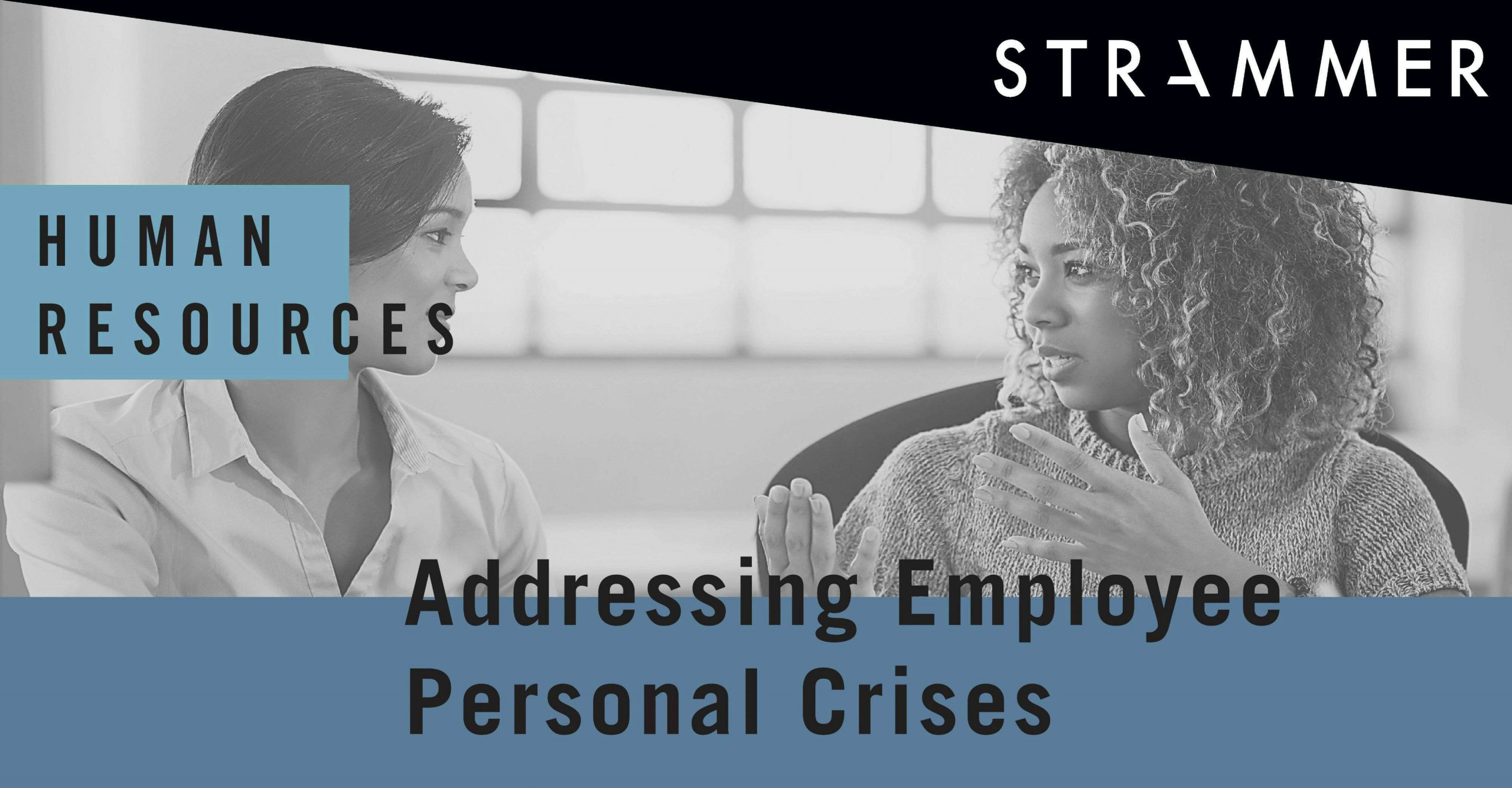How To Help An Employee Going Through A Personal Struggle
Gone are the days when personal problems were completely overlooked by the company. Personal crises are no longer looked to be a taboo and considered a “difficult conversation” to have. Instead, it is considered normal and necessary. Human Resources professionals are often responsible for helping with the handling of an employee personal crisis and juggling it with their professional life. Often not doing this properly can translate to poor mental health and low commitment to work which pose a negative impact on the company and the employee. Another reason of its’ importance is that younger employees tend to be more open with what they are going through, and this trend is certain to continue. Therefore, Human Resources need to be able to manage these situations, perhaps even before employees reach out. This undoubtedly creates belongingness and trust as it shows the workforce that their company is taking a real interest in their overall well-being.
However, this can be an extremely tricky affair to manoeuvre through. Perhaps the trickiest one HRs are confronted with in this situation is remaining professional while being compassionate. A complete balance is integral, or else several negative occurrences can occur. For example, the employee might walk away feeling like the company does not care, feeling interrogated about private issues that they do not want to talk about, or the employee treating the HR professional as a therapist. In addition, it can also prevent office chaos and disruptions. Therefore, the best method is to analyse thoroughly the situation and then offer the type of support necessary on a case by case basis. One cannot apply the same method of dealing with a personal crisis every time it happens.
Although it may seem the best way to go, HRs must refrain from disclosing information about the employee’s personal crisis to their team without consent. Not only will this be a breach of confidentiality, but it can also lead to unnecessary disruption. Other employees may also be reluctant to share in the future. If the employee accepts to disclose this information, holding a team meeting along with the employee will ensure transparency and allow them to express their opinions and questions, rather than having a one-sided point of view from an external source.
An alternative would be to identify a “Toxic Handler” in the team. A toxic handler is a compassionate and emotionally intelligent member of the company, who can detect negative emotions and feels like it might be their responsibility to be there for others. This person can be entrusted with the job of removing negativity in the workplace. For example, they would invite the troubled employee out for lunch to discuss their predicament. Employees will tend to trust these individuals due to their nature and goodwill, and therefore will be more likely to open up. The ambition is to create a caring, safe environment, in which the staff is confident to communicate what is troubling them.
Although it can take consistent time and collective effort, when it comes to such situations it is best to have a professional, open environment that assures the employee to be comfortable in reaching out for help when necessary. This creates a quid pro quo situation for both the employees and the company, resulting in comprehensive improvement on both sides creating a successful strategy of handling an employee personal crisis.
References :
- Toxic handlers : ces collègues qui vous veulent du bien, 09 October, 2019, WelcomeToTheJungle
- How to Manage an Employee Who’s Having a Personal Crisis, 05 July, 2018, Harvard Business Review.





